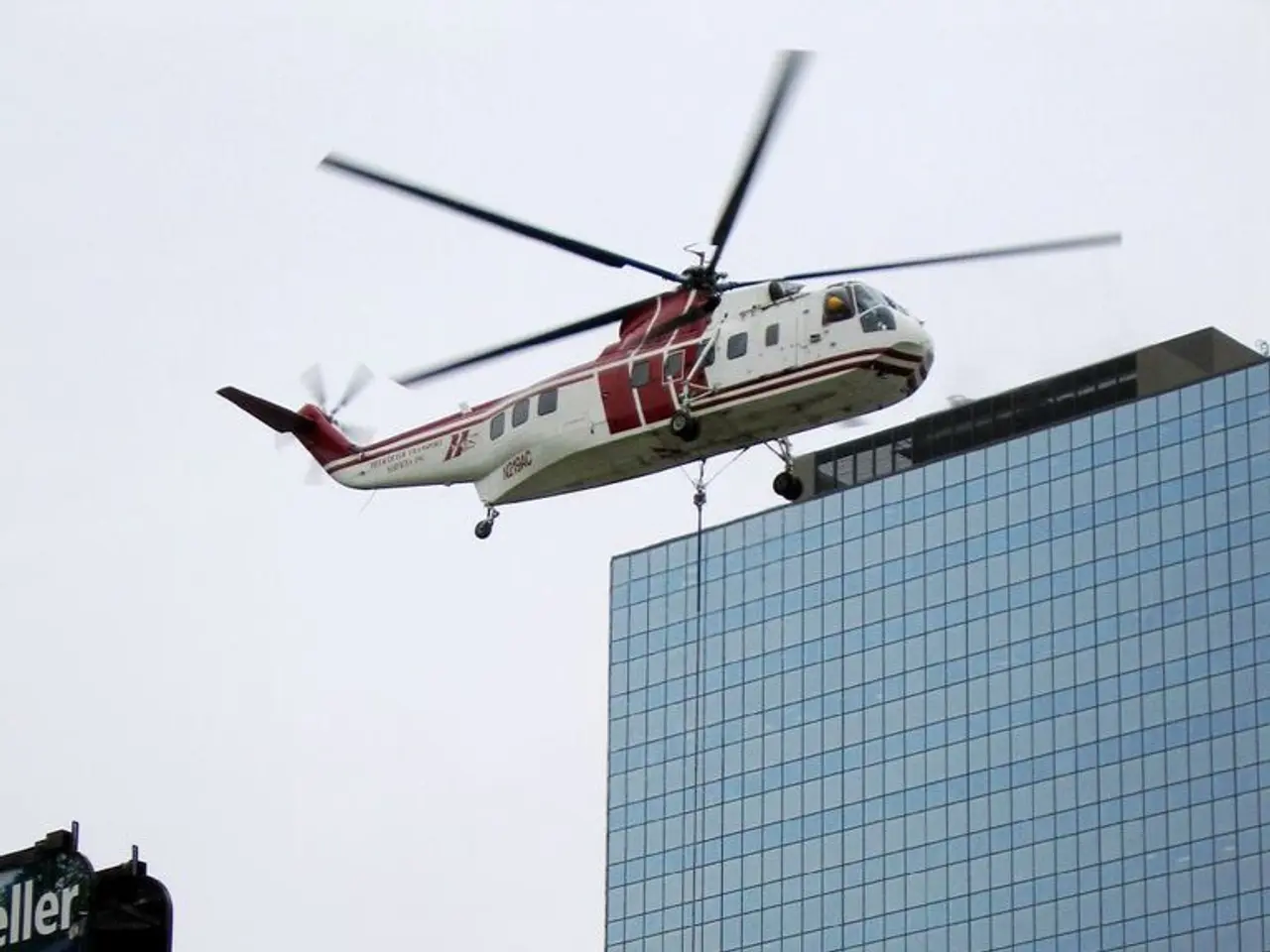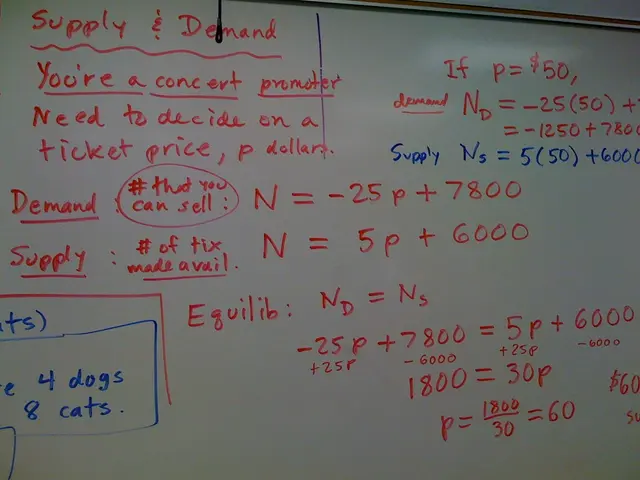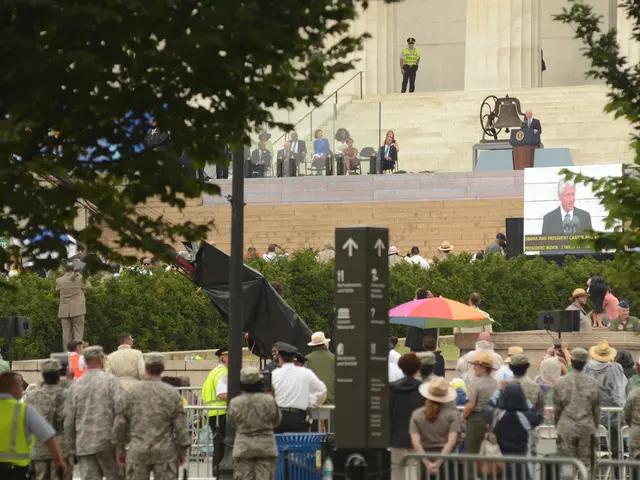Lakota: The Multi-Functional Unmanned Aerial System
Airbus and Shield AI Develop Unmanned UH-72 Lakota for US Marine Corps
Airbus U.S. Space & Defense Inc, in partnership with Shield AI, is developing an unmanned variant of the UH-72 Lakota helicopter for the United States Marine Corps (USMC). This project, known as the MQ-72C, is part of the Aerial Logistics Connector (ALC) rapid prototyping program initiated in 2024.
The development process involves integrating Shield AI’s advanced autonomy software, Hivemind, into the existing UH-72 platform (derived from the H145 helicopter) to enable fully unmanned, autonomous flight operations.
Key Milestones
In August 2025, Airbus and Shield AI completed the MQ-72C's first autonomous flight test, marking a significant step in demonstrating the capability of Hivemind software to enable adaptable and intelligent unmanned flight in complex environments.
Hivemind’s AI agent provides advanced autonomy, including the ability to improvise and develop new tactics, a feature proven in previous Pentagon tests such as autonomous air combat maneuvers with fighter jets.
Ongoing Development
The MQ-72C program involves ongoing flight tests and demonstrations aimed at achieving fully unmanned operations, particularly focusing on complex logistics scenarios typical in military use. Continued development also considers regulatory approval, safety integration, and interoperability with existing military systems, with further tests planned to mature autonomous capabilities.
Potential Missions
The USMC selected the MQ-72C to prototype an unmanned logistics and utility helicopter to augment or replace manned operations in roles including transport, resupply, and possibly reconnaissance. As an unmanned aerial logistics connector, the MQ-72C aims to enhance autonomy in battlefield support logistics, reducing risk to pilots and personnel by conducting missions remotely or fully autonomously.
The MQ-72C’s autonomy would allow it to operate in contested or complex environments where human crews face greater risk, thereby increasing operational flexibility and persistence for the Marine Corps’ aviation logistics needs. The UH-72 base platform’s design optimizes pilot training and utility missions, and the unmanned variant promises to support roles such as casualty evacuation, cargo lift, and disaster response with less human involvement.
In summary, the MQ-72C unmanned Lakota is being developed to support the US Marine Corps’ logistics and utility missions with increased flexibility, safety, and operational efficiency. This program is progressing through flight testing and prototyping under the Aerial Logistics Connector effort started in 2024. Potential missions could include resupplying marine units distributed throughout the first island chain.








